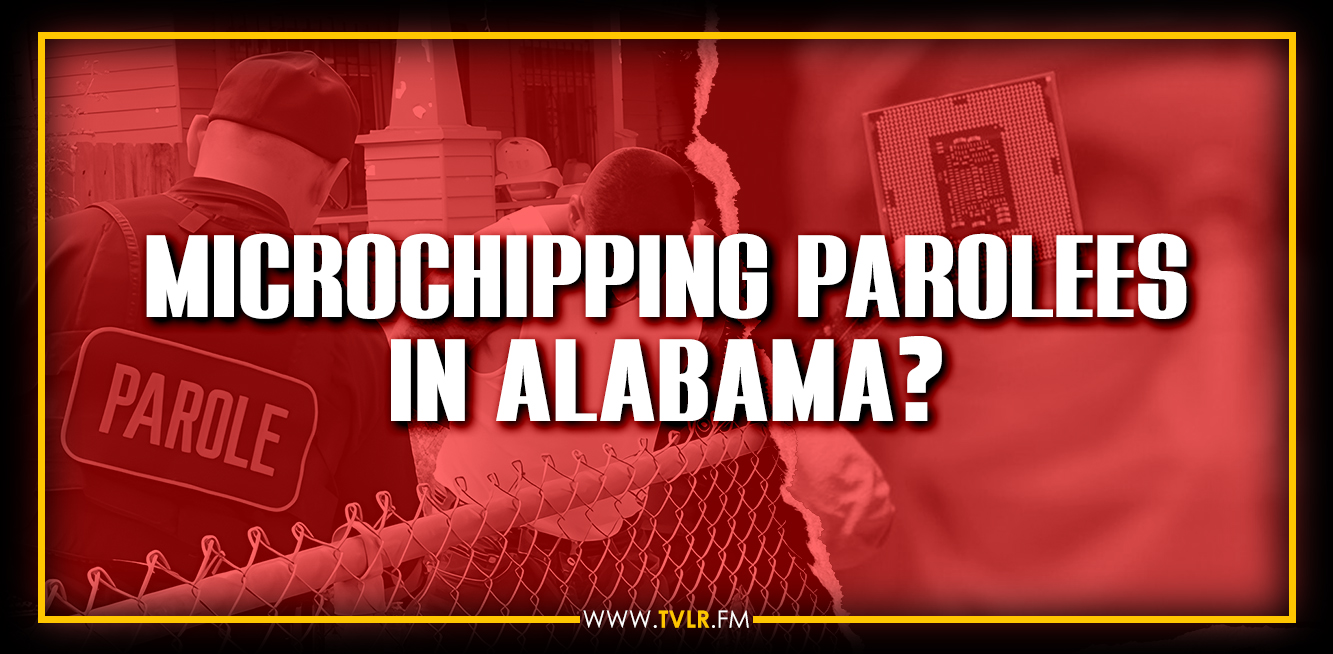his strange move to consider microchipping parolees was kicked off by representative Prince Chestnut, a democrat, proposing a bill with some urgency before the legislative session began, during a house judiciary committee meeting on March 22. The bill was to ban microchipping of employees by employers within the state. At face value, this doesn’t seem like a bad proposal in itself, however it does prompt the question of what prompted this bill? Is workplace microchipping even a thing that’s happening?
Representative Chestnut was asked that very question during the meeting, and this was his response:
“Not that I’m aware of.”
Perhaps the bill could be seen as a proactive measure. Speaking on this issue in last week’s episode of The Valley Labor Report, co-host Adam Keller said: “I get that it’s a problem that doesn’t really exist yet, but at the same time it would be a problem if it existed. And frankly, it’s not that often that Alabama politicians are proactive, especially protecting employees, so I don’t want to hate on Prince Chestnut; I do appreciate what he’s doing.”
Commenting on the idea of microchipping and Representative Chestnut’s bill, Jacob said: “Even though it’s not a problem, it would be such a gross violation of liberty and personal, bodily autonomy, that we just want to be proactive against this heinous, heinous potential imaginary problem. We’re going to say it’s illegal for an employer to require an employee to be microchipped as a condition of employment; that’s what this bill would do.”
So how does this turn into microchipping employees? The conversation at the committee meeting turned towards this subject when, in response to Representative Chestnut, one of the Republican representatives proposed: “I want us to monitor inmates when they’re released. If the board of pardon and parole comes up with a methodology by which they implanted a chip as opposed to a monitoring bracelet, I want them to be allowed to do that.”
And following that statement, Representative Chestnut’s bill went on to be amended to allow just that. Surprisingly, with no objections from anyone, including Chestnut himself, who actually verbally agreed to the amendment during the meeting.
“And just a reminder: you know, obviously the employment relationship is coercive to an extent,” said Jacob, in response to this bizarre amendment. “Because you have to work to live, you have to work to eat, in our society you have to work for a Capitalist and you have to earn a wage, that’s how you survive. That relationship is coercive, because if you don’t you will die. You’re not exactly a slave, but that’s not the case when you are a ward of the state. When you have been arrested, the thirteenth amendment allows for slavery for punishment of a crime, you are literally a slave to the state, at the whim of their dictates. And so, the idea that we would allow the State to modify our person is totally, totally Orwellian.”
Watch the full discussion on the committee meaning regarding microchipping parolees on YouTube:
